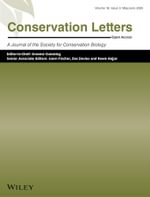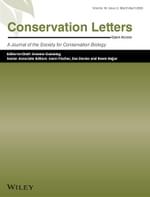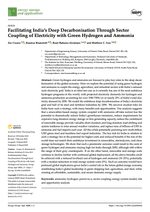Aiming for the more ambitious Paris Agreement climate goal of limiting human-induced warming to 1.5 °C rather than 2 °C could unintentionally weaken climate policy, argue the authors in this Comment published in Nature Geoscience. The authors suggest this goal could make the concept that a temperature target can be overshot for some time acceptable, and that such a relaxation could become a source for political flexibility, unless strict limitations on the temperature pathway to achieve the goal are implemented.
Previous research has suggested that meeting the 1.5 °C temperature goal that the parties to the Paris Agreement aspire to will most likely only be possible by allowing temporary warming in excess of that temperature, followed by aggressive mitigation to compensate.
However, Oliver Geden and Andreas Löschel write that broad acceptance for such a temperature overshoot scenario could undermine the perception of temperature targets as firm limits to warming. They suggest that climate scientists must define clear constraints to the acceptable magnitude, duration and end time for any period of overshoot, if they wish to ensure that mitigation targets are precise and evaluable, and to preserve political accountability.
Define limits for temperature overshoot targets
27 November 2017
Other Recent Journal Article / Working Papers

Water temperature regulations could help to balance biodiversity and energy security

An aspirational approach to planetary futures

Resolving Uncertainties in the Legality of Wildlife Trade to Support Better Outcomes for Wildlife and People

Protect the Integrity of CITES: Lessons From Japan's IWC Withdrawal to Keep Polarization From Tearing CITES Apart
Controlled Catalysis Delivering High Molecular Weight Polyesters as Recyclable Alternatives to Polystyrenes

Facilitating India’s Deep Decarbonisation Through Sector Coupling of Electricity with Green Hydrogen and Ammonia